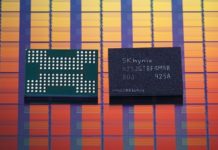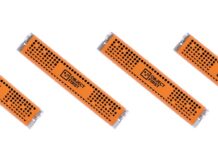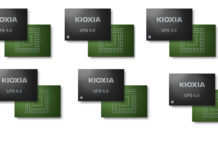Generative AI large language model supplier Hugging Face has a deal with Dell whereby its customized GenAI models can be deployed on Dell server and storage products.
Hugging Face provides open-source large language models, such as Distilbert-sst-2-int8 for text classification. AMD has lready teamed up with Hugging Face to increase the number of open source models available to run on its Instinct and Alveo accelerators. So too has CloudFlare. Hugging Face will now build a Dell portal on its platform to offer on-premises deployment of customized large language models (LLM) on Dell compute and storage infrastructure.
Jeff Boudreau, Dell’s chief AI officer, has provided a statement about this: “Dell Technologies’ GenAI capabilities, combined with Hugging Face’s collection of datasets and libraries, offer users the freedom of open-source GenAI models with the peace of mind of on-premises data security and reliability.”
Jeff Boudier, head of Product and Growth at Hugging Face, followed suit: “This collaboration will empower companies to build their own AI systems leveraging the incredible innovations of the open source community, while benefiting from the security, compliance and performance of Dell systems.”
The Hugging Face Dell portal will include custom, dedicated containers and scripts to help users deploy its open-source models on Dell servers and data storage systems.
Dell is going all-in on AI. It’s just announced its ObjectScale XF960 all-flash storage appliance and Dell Validated Designs for AI featuring servers such as its PowerEdge XE9680 which combines X86 CPUs with up to 8 x Nvidia H100 GPUs.
Hugging Face lists more than 300,000 large language models in its catalog and provides pre-trained models, libraries, tools, and resources to make using them easier. It was founded in 2016 in Brooklyn, New York, to provide open-source natural language processing technologies. The company has raised $395.2 million in funding across six rounds, the most recent a D-round in August this year for $235 million. Salesforce, Google and AMD are investors.








